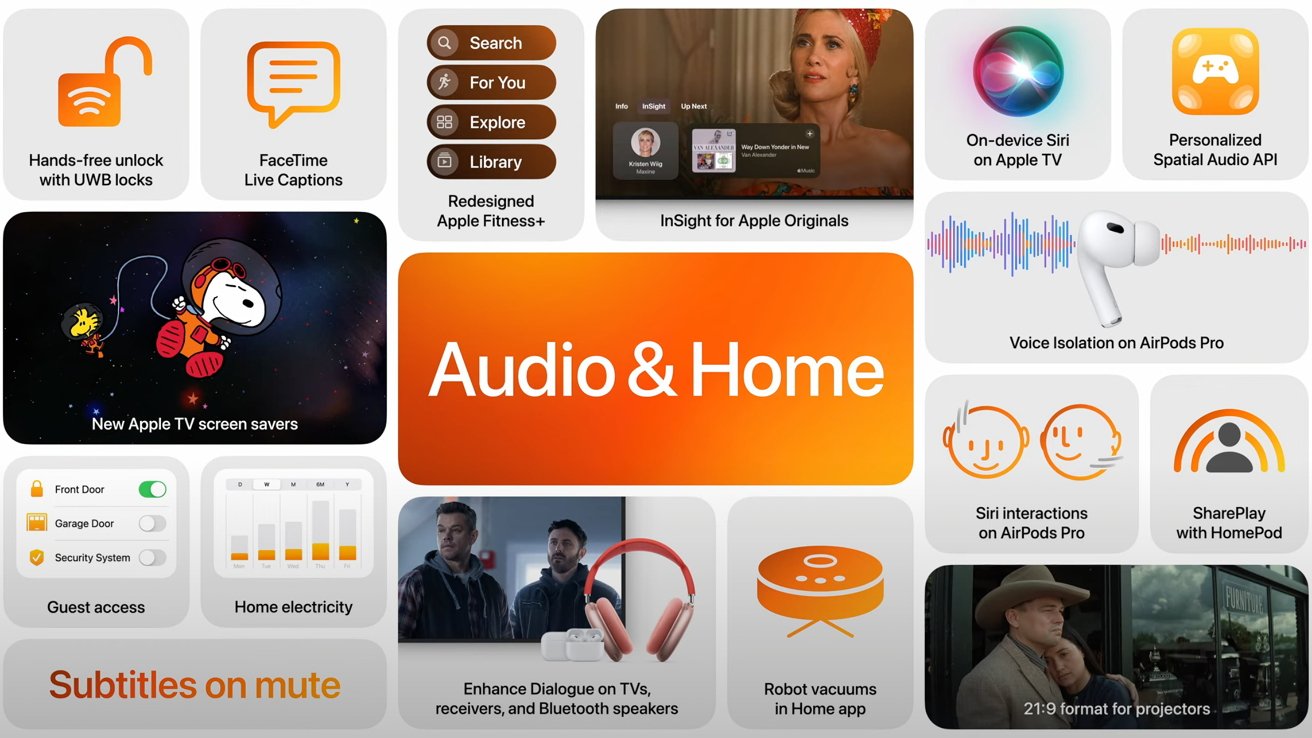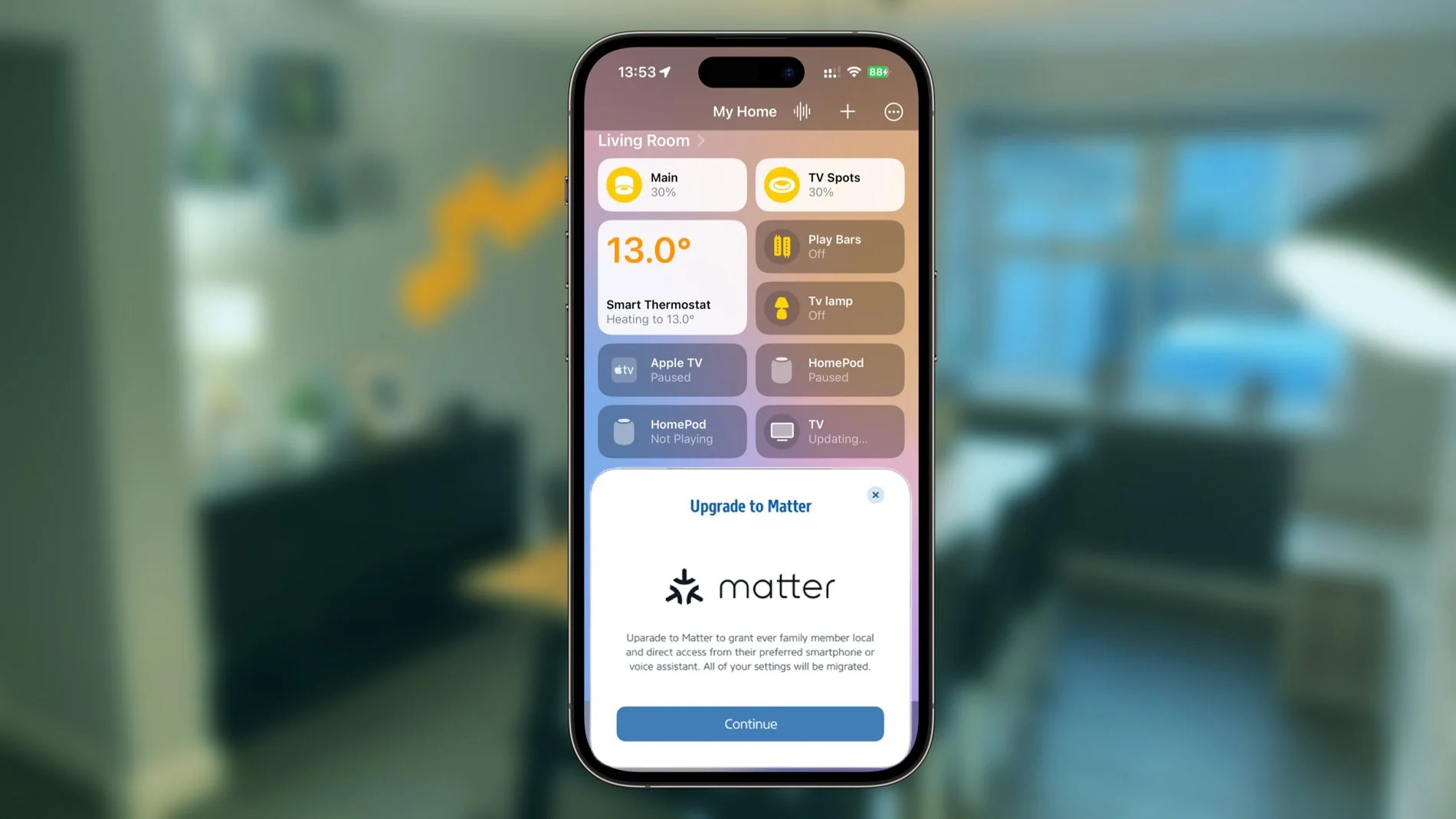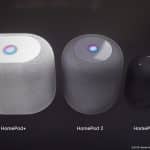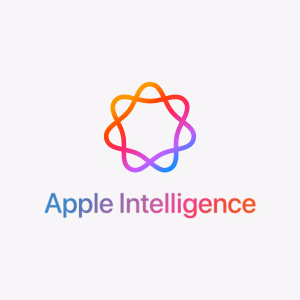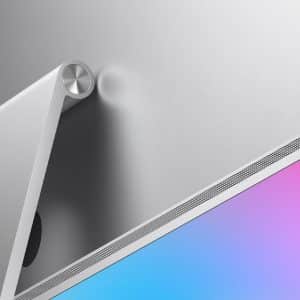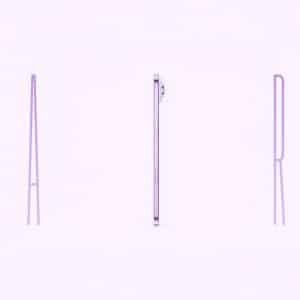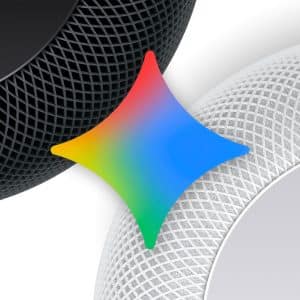The Importance of Matter in Smart Home Automation
Matter is an industry-unifying standard developed by the Connectivity Standards Alliance (CSA) to improve smart home device interoperability. The standard has gained rapid adoption across the tech world, with major players like Google, Amazon, and now Apple committing to its implementation. By embracing Matter, Apple aims to break down barriers in smart home automation, allowing users to mix and match devices from different brands without sacrificing functionality.
When comparing previous iterations of HomeKit to the new Apple HomeKit Matter integration, the benefits become evident. Matter’s cross-platform compatibility allows Apple HomeKit to support a broader range of smart home devices, including those that were previously incompatible. This move is particularly advantageous for Apple users looking to integrate various smart home products without the need for multiple hubs or bridging devices.
New Automation Accessories for HomeKit
With the integration of Matter, Apple is introducing a range of new automation accessories that offer more flexibility and control. From smart lights and thermostats to security cameras and smart locks, the Apple HomeKit Matter integration enables these accessories to communicate more effectively with each other and with other Matter-compliant devices.
The new accessories are not just about expanded compatibility; they also offer enhanced automation features. For instance, Apple’s new HomePod and Apple TV models are expected to serve as central hubs for Matter-supported devices, enabling more complex automations that can be controlled through Siri. Users will benefit from streamlined setup processes and more robust, faster response times.
Apple’s emphasis on user privacy and security continues with the Apple HomeKit Matter integration. Apple maintains its high standards by ensuring that all Matter-enabled devices within the HomeKit platform adhere to strict privacy guidelines. This focus on privacy means that while users enjoy greater compatibility and convenience, they can also be confident that their data remains secure.

The Impact on the Smart Home Market
Apple’s embrace of Matter sends a strong message to the smart home industry. As more consumers look for cross-compatible devices that can integrate seamlessly, the Apple HomeKit Matter integration places Apple in a strong position against competitors like Amazon Alexa and Google Home. This approach allows Apple to cater to both existing users and those who are looking to switch from other platforms without losing access to their current devices.
The Role of HomePod and Apple TV
With the new Matter integration, devices like HomePod and Apple TV take on even greater significance within the HomeKit network. These devices will act as main control hubs, enabling the entire Matter-enabled smart home network to function seamlessly. For instance, using an Apple TV as a hub, users could potentially control smart devices from a wider range of brands, making it more than just an entertainment device.
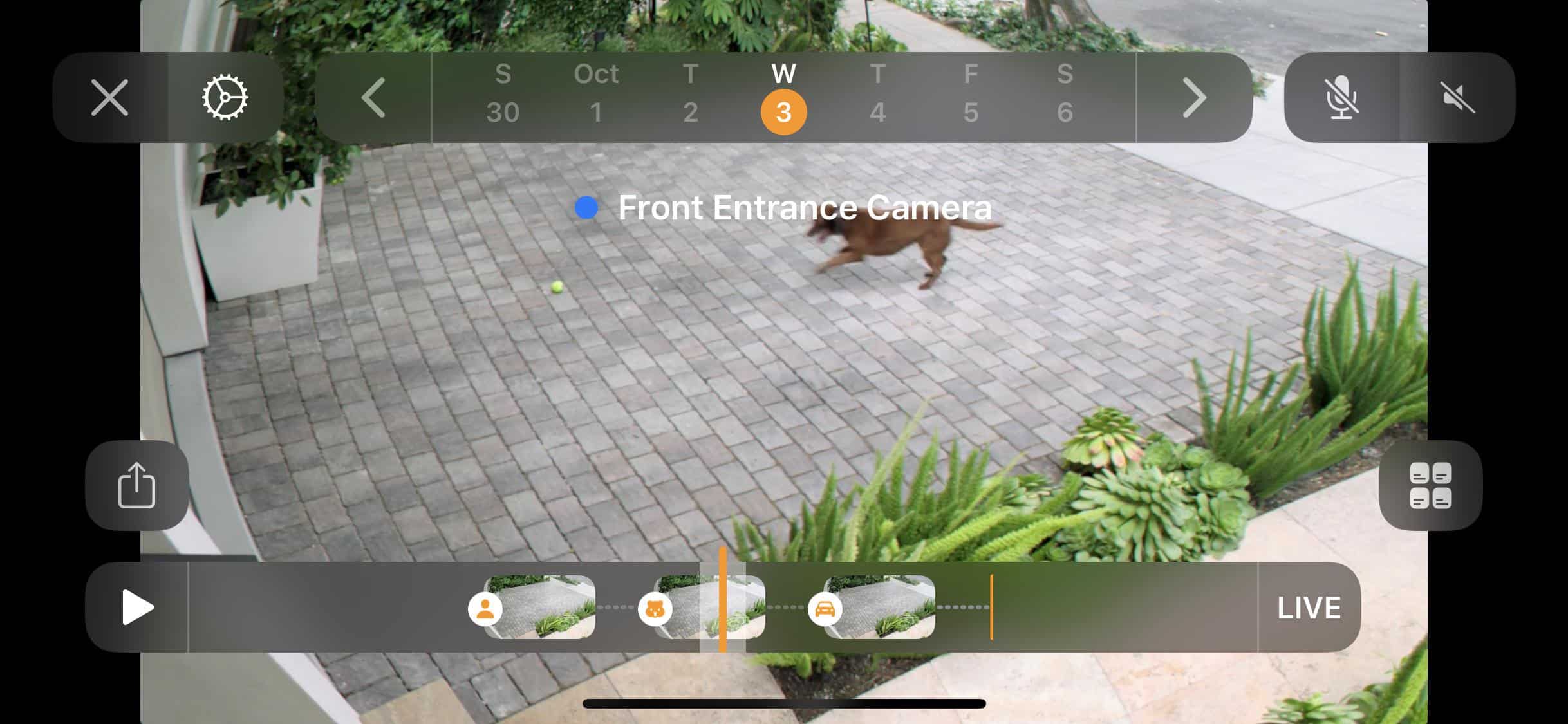
Impact on Third-Party Developers
The integration with Matter provides third-party developers an opportunity to build devices that cater to the Apple HomeKit user base without compromising on interoperability. This could lead to an influx of new accessories and applications in the Apple ecosystem, driving innovation and offering more choices to end users.
Compatibility Hurdles
While the Apple HomeKit Matter integration offers numerous benefits, some challenges remain. Not all existing HomeKit devices may support Matter out of the box, which could require firmware updates or the purchase of new devices. Consumers need to consider these potential compatibility issues when planning their smart home setup.
The Future of Home Automation Standards
While Matter is set to be a game-changer, it is still a relatively new standard that needs further adoption and maturity. Apple’s decision to adopt Matter will likely drive faster adoption across the industry, but it also means that some early challenges in implementation and user experience could arise. Nevertheless, Apple’s support could prove pivotal in setting Matter as the gold standard for smart home automation.

Future Developments and What to Expect
Looking ahead, the Apple HomeKit Matter integration is likely to influence the development of the next generation of smart home devices. Manufacturers will be keen to ensure that their products are Matter-compliant and fully compatible with HomeKit. This will pave the way for more innovative devices that focus on enhancing user experience through deeper integration and better automation capabilities.
Apple is known for regularly updating its software to improve user experience. With the adoption of Matter, Apple is expected to roll out software updates that provide more advanced automation capabilities, improved network stability, and better device management features. These updates will likely enhance how users interact with their smart home setups, offering new possibilities for automation and control.
The integration of Matter is expected to drive higher consumer adoption rates for smart home technology. As more consumers look for smart home systems that are easy to set up, secure, and offer extensive device compatibility, Apple’s commitment to these principles will likely resonate well with the market. This could significantly boost HomeKit’s popularity and user base, setting a new benchmark in the industry.
The Apple HomeKit Matter integration marks a significant leap forward in the smart home landscape, promising better compatibility, enhanced features, and a more seamless user experience. By aligning with the Matter standard, Apple is making a strategic move that not only improves its smart home offering but also positions it as a leader in the increasingly competitive smart home market.
